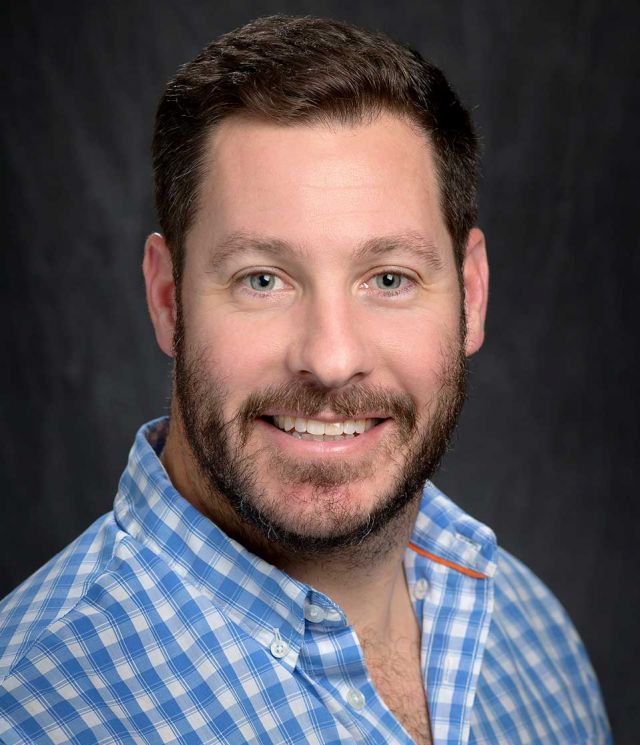Results of Microbe Hunting in Coastal Waters

Speaker
Cameron Thrash
Assistant Professor
University of Southern California
Abstract
In support of broad objectives to classify the functional roles of diverse bacterioplankton, we have conducted a number of high-throughput cultivation experiments from multiple coastal Gulf of Mexico sites. We paired culture independent community data with our experiments to evaluate the relative success of our cultivation efforts, and this talk will report on those results and describe ways we expect to improve our cultivation protocols. The talk will also cover new genomic and physiological findings from some of the most important organisms we have brought into axenic culture, such as new nitrogen cycling capabilities in SAR11 and facultative chemolithoautotrophy in OM252 Gammaproteobacteria. Finally, I will describe emerging avenues of research facilitated by this work.
Speaker Bio
J. Cameron Thrash is an Assistant Professor of Biological Sciences at the University of Southern California. His laboratory focuses on investigating the ecology and metabolism of aquatic microorganisms by integrating cultivation, physiology, and comparative (meta)genomics. He has a B.S. in Biology from UC San Diego, and a Ph.D. in Microbiology from UC Berkeley. His dissertation research in the lab of Dr. John Coates included bioelectrochemical stimulation and isolation of microorganisms that could reductively respire perchlorate and microbial anaerobic oxidation of Fe(II) and U(IV). Thrash received an NSF Postdoctoral Fellowship to work with Dr. Stephen Giovannoni at Oregon State University on the evolution and genomics of SAR11, the most abundant marine bacteria. He was an Assistant Professor at Louisiana State University 2013-2018 where his laboratory investigated the microbial ecology of hypoxia in the northern Gulf of Mexico, the Mississippi River, and Louisiana coastal sites. Using high-throughput dilution-based cultivation, the Thrash laboratory has also isolated hundreds of marine and estuarine microorganisms. Beginning at USC in 2019, his laboratory continues to study the roles of microorganisms in coastal and open ocean systems, and cultivation work has begun anew from the San Pedro Ocean Time series.